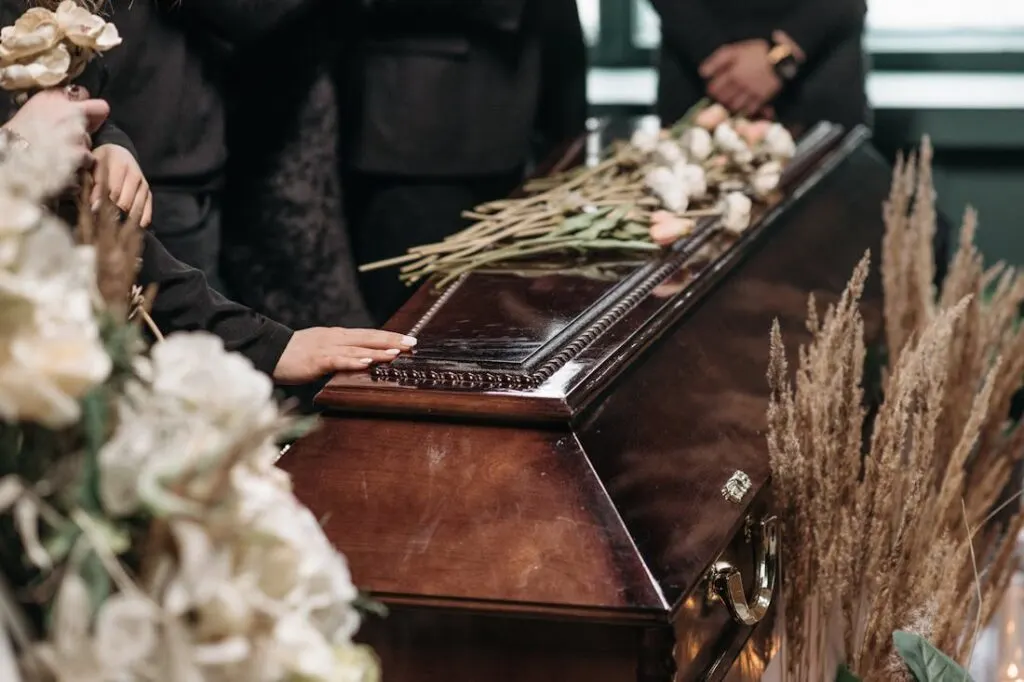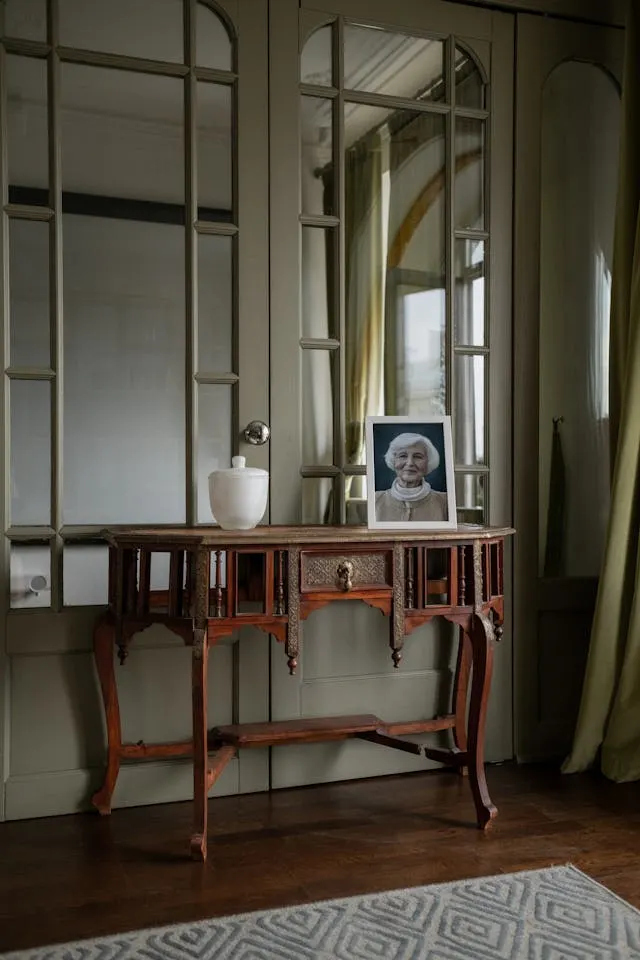This post may contain affiliate links. I only recommend products I use and love. Read the full disclosure here
Last Updated on April 30, 2024 by Alaina
When faced with the loss of a loved one, choosing cremation or burial can be one of the most challenging aspects of funeral planning. Both options have unique considerations, and choosing the right one requires careful thought and consideration.

Here are some factors you should take into account when making this important decision.
Religious and Cultural Beliefs
One of the most important considerations when choosing cremation or burial are your cultural and religious beliefs. Some religions have strict guidelines regarding the handling of the deceased, while others may leave the decision up to personal preference.
Your loved one’s religious and cultural beliefs may play a significant role in determining whether cremation or burial is the most appropriate choice. Consider consulting with religious leaders or family members to ensure the chosen method aligns with your loved one’s beliefs and traditions.
- Consult with religious leaders or family members to understand specific religious guidelines regarding the handling of the deceased. For example, in some Christian denominations, burial is preferred as it symbolizes the resurrection of the body.
- Consider any cultural traditions that may influence the decision. For instance, in Hinduism, cremation is the preferred method as it is believed to release the soul from the cycle of reincarnation.
- Keep in mind that personal preferences may vary within religious and cultural communities, so it’s essential to respect the wishes of the deceased and their family members.
Environmental Impact
For those concerned about their ecological footprint, the environmental impact of cremation versus burial is an important consideration. While cremation releases carbon dioxide and other pollutants into the atmosphere, traditional burial practices can also have negative environmental effects, such as land usage and the use of embalming chemicals.
Research eco-friendly alternatives, such as natural burials or water cremation, which may align better with your values.
- Research alternative methods that minimize environmental impact, such as green burials that use biodegradable caskets or natural decomposition processes.
- Consider the carbon footprint of each option beyond the immediate impact, including transportation and energy usage.
- Look for funeral homes or cemeteries that offer eco-friendly options and prioritize sustainability in their practices.
Memorialization Options
When choosing between cremation or burial, don’t forget to look at the available memorization options. Both cremation and burial offer various options. With cremation, you can scatter the ashes in a meaningful location, keep them in an urn at home, or enter them in a columbarium or mausoleum.
Burial allows for traditional graveside memorials, headstones, and family plots. Consider which memorialization options best honor your loved one’s memory and provide comfort to you and your family.
- Explore creative ways to memorialize your loved one, such as planting a memorial tree with cremated remains or commissioning a personalized memorial bench.
- Consider the significance of location when choosing a memorial option. For example, scattering ashes in a beloved park or garden can create a peaceful and meaningful tribute.
- Discuss memorialization preferences with family members to ensure that everyone’s needs and desires are considered.
Practical Considerations
Practical considerations, such as logistics and timing, may also influence your decision between cremation or burial. Cremation typically has a faster turnaround time, allowing for more flexibility in scheduling memorial services and gatherings.
Burial, on the other hand, may require more coordination with cemetery staff and could be subject to weather-related delays. Take into account any logistical challenges you may encounter and plan accordingly.
- Take into account any legal requirements or paperwork associated with cremation or burial, such as obtaining permits or completing authorization forms.
- Consider accessibility factors when choosing a final resting place, especially if you anticipate visiting frequently or hosting memorial gatherings.
- Communicate with funeral directors or cemetery staff to coordinate logistics and ensure that all necessary arrangements are made in a timely manner.

Cost Considerations
Cost is often a practical factor when choosing cremation or burial. Cremation is generally less expensive than burial, as it eliminates the need for a casket, burial plot, and other associated expenses. However, it’s essential to look for funeral services and weigh these financial considerations against the emotional significance of each option. You may find that the added expense of a traditional burial is worth it for the peace of mind it brings.
- Beyond the immediate costs, consider the long-term expenses associated with each option. For example, burial plots often require maintenance fees, whereas cremation typically involves a one-time cost.
- Look into potential financial assistance options, such as burial insurance or government programs, which may help alleviate some of the financial burden.
- Keep in mind that cost should not be the sole determining factor, consider the emotional value of each option and how it aligns with your loved one’s wishes.
Emotional Considerations
Finally, it’s essential to consider the emotional impact of your decision on yourself and your family. Some individuals find comfort in the permanence of a traditional burial site, while others prefer the flexibility and portability of cremated remains. Take the time to reflect on what will bring you and your family the most comfort and closure during this difficult time.
- Reflect on how each option aligns with your beliefs and values regarding death and the afterlife. For example, some individuals find comfort in the idea of returning to the earth through burial, while others prefer the idea of their spirit being set free through cremation.
- Consider the impact of each option on the grieving process and long-term healing. For some, having a designated gravesite provides a sense of connection and closure, while others find solace in keeping ashes close by.
- Discuss your feelings and concerns with family members and trusted loved ones to ensure that your decision is informed by collective wisdom and support.
Final Thoughts
When it comes to choosing cremation or burial, the choice is a deeply personal decision that requires careful consideration of a variety of factors. By taking into account one’s religious and cultural beliefs, cost considerations, environmental impact, memorialization options, practical considerations, and emotional needs, you can make an informed choice that honors the memory and provides comfort to you and your family.
Whatever option you ultimately choose, remember that there is no right or wrong answer, and what matters most is honoring your loved one in a way that feels meaningful to you.
